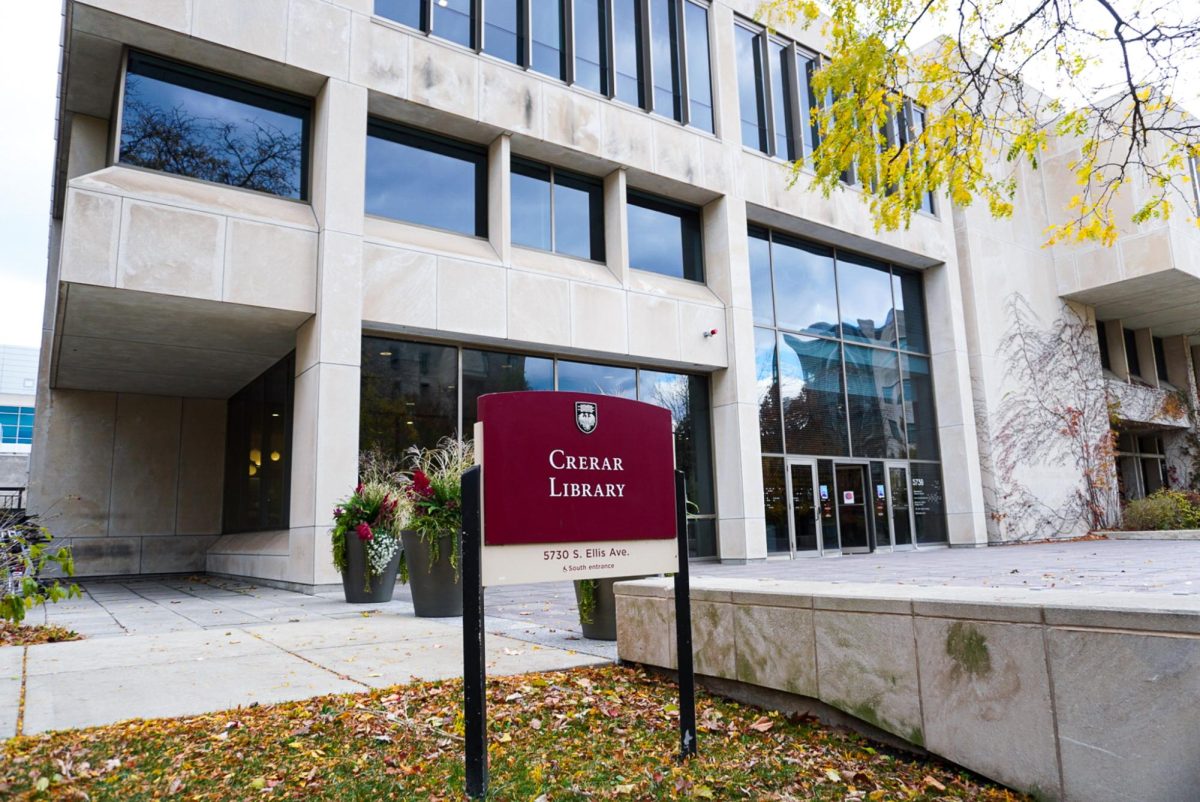January 27, 2005—PARIS—I don’t know very much about cars, but as the former driver of a used 1998 V-70 Volvo sedan, I do know that every few years, a car needs servicing. It is my belief that the same philosophy holds true for human beings—that is to say that we cannot continue to run flawlessly for all the years of our lives without an occasional tune-up. Once in a while, just like a trusty old Volvo, we need to have our emotional tires turned and rotated, our neurotic air pressure checked, and our confidence thermostats adjusted.
In the spirit of embracing change, keeping my New Year’s resolutions, and satisfying my own curiosity, I made an appointment with a French psychiatrist.
The concept of psychotherapy doesn’t frighten or embarrass me because it isn’t necessarily indicative of psychological illness; in fact, the “healthiest” people I know are the ones who’ve had help. It’s nice to have someone outside of your life to talk to other than your friends, someone who can offer an objective point of view, someone who (unlike your friends, whom you don’t pay) is endlessly patient while you babble on and on about the exact same thing week after week. Being a bit of a babbler, I find this extremely reassuring.
However, I’m told that in France, people are not so open about the state of their mental health as we sanity-craving Americans. According to my conversation teacher Vanessa, therapy is still a taboo subject among the French, which is surprising considering their cultural obsession with Woody Allen, whose name alone conjures up the thought of anxiety-ridden, analysis-bound nut jobs. What, then, was I to expect from Doctor Long-Unpronounceable-Hyphenated-French-Names? She wouldn’t immediately write me off as another American crazy, but she would probably not be as warm and fuzzy as some of the American shrinks, the kind with beanbag chairs, playdough, and bookshelves full of puzzles.
But I was more interested to see how the language barrier affected my experience in French therapy. When I went in search of a doctor, it was important to me that she spoke English, my expectation being that in my own first language it is easier to say exactly what I mean to say. The catch is that when discussing my feelings, pain in particular, I tend to say the opposite of what I mean, expecting that others will laugh and pick up on my sarcasm.
When I arrived at the psychiatrist’s office in the hip and trendy Marais area on Tuesday, she shook my hand politely and offered that I should speak English to her, and she would respond to me in French. This struck me as a bizarre arrangement, but I agreed and entered her office.
Language can be an art, an expression of a cultural dynamic, or simply a way for human beings to communicate with each other. My new roommate Maggie, a friend of mine from high school, had a homework assignment this week where she had to prepare a short oral presentation (using the subjunctive tense at least five times) either defending or arguing against a prepared statement: “All people should know how to speak English.” We talked about it while we made dinner, and I of course said no, that the real challenge is not just to make conversation easier among all people, but rather to facilitate a deeper understanding of what is being said. Since each language is attached to a way of thinking that is particular to its cultural origins, the more languages we all know, the better.
Every aspect of the French language, from the vocabulary to the formal grammatical structure of sentences, is a result of the French culture. Take, for instance, the inscription on an information card next to a painting of a Parisian building demolished during the French Revolution: “La Révolution est par nature peu favorable à la conservation des témoignages d’un passé que l’on souhaite oublier.” (“The Revolution naturally did not favor the preservation of relics from a past that the people wished to forget.”) This eloquent phrase essentially means that the revolutionaries tended to destroy stuff “because they were pissed,” as Maggie would put it.
Sitting in my hard-backed wooden chair facing my new therapist, I found myself speaking very slowly and choosing my words more carefully than I usually do because I wanted to make sure that she understood me. She responded slowly and patiently in her soothing therapist voice, and yet I was often shocked by the directness of her questions. I became defensive, and as I struggled to clarify what I had said, I was forced to re-think the words I had chosen.
This was in itself a completely new psychological exercise; no longer was I permitted to hide behind my words, because the words themselves lost all individual significance. The new, more difficult task was to understand what I meant by my fancy phrase work. I felt emotionally naked and even slightly uncomfortable with the honesty that resulted.
Surprisingly enough, it was because of the linguistic distance between my mechanic and myself that we were able to pop the hood up so easily. Let the tune-up begin.






